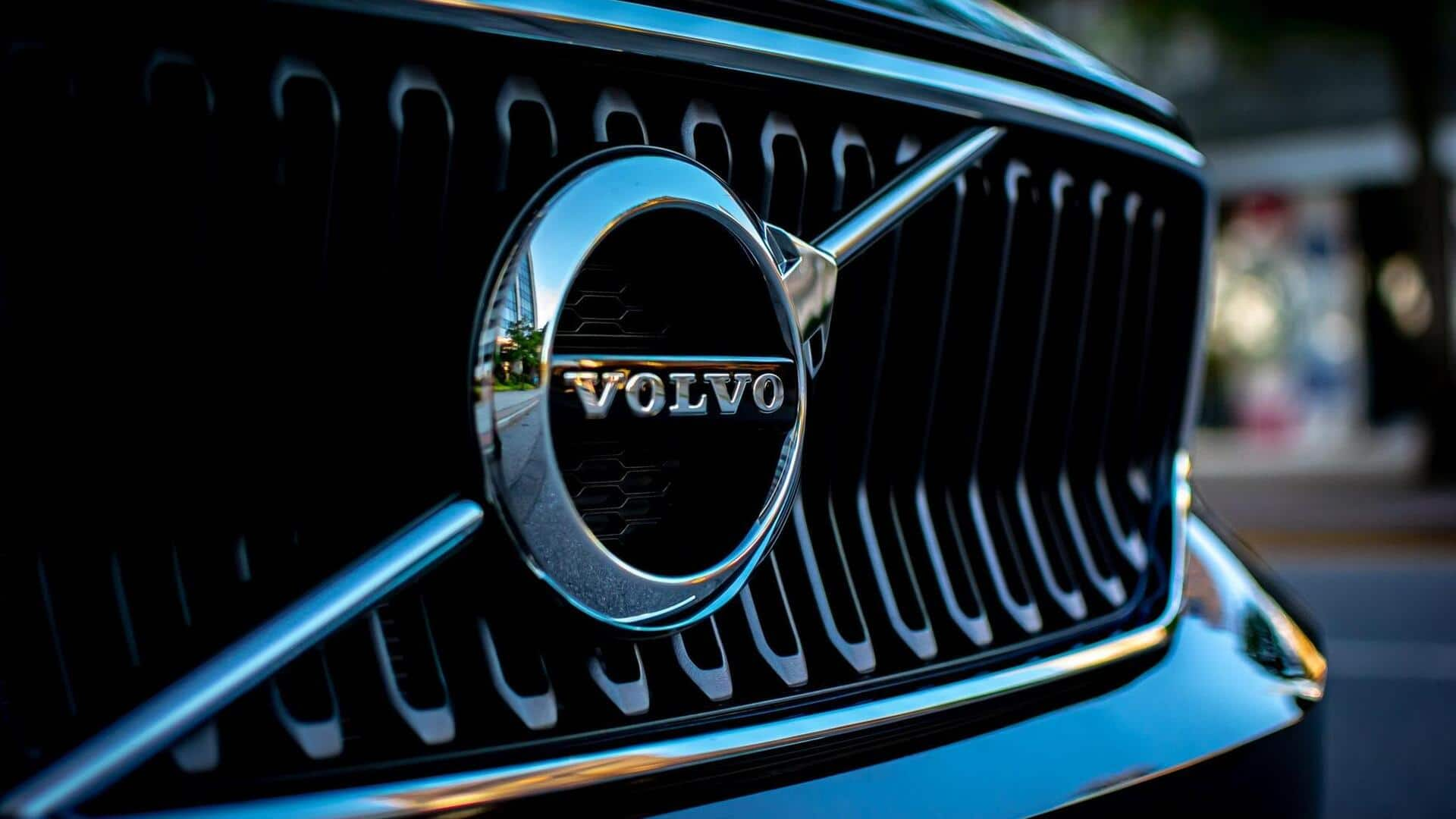
Volvo Cars revises EV goals, won't go all-electric by 2030
What's the story
Volvo Cars, the Swedish automaker, has revised its near-term goal of becoming an all-electric vehicle manufacturer. The company cited the need for pragmatism and flexibility in response to fluctuating market conditions and a slowdown in demand. Despite this change, Volvo Cars reaffirmed its long-term commitment to fully transition into an electric carmaker.
Strategy shift
New target includes hybrid models
The revised strategy now targets that between 90% and 100% of Volvo Cars's sales will be fully electric or plug-in hybrid models by 2030. This new goal allows for up to 10% of sales to include mild hybrid models, which primarily operate on internal combustion engines but utilize a 48V battery for enhanced acceleration and fuel efficiency. The company's CEO, Jim Rowan, emphasized the superior driving experience offered by electric cars and their potential for incorporating advanced technologies.
Industry trend
Following other automakers in revising plans
Volvo Cars's decision aligns it with other industry giants like Mercedes-Benz Group and Volkswagen, who have also revised their electric vehicle strategies. Ford Motor is another example of a company that has postponed or canceled electric models and reduced investments in electric production and technology. Despite these changes, Rowan stated that the transition to electrification will not be linear due to varying rates of adoption among customers and markets.
Market impact
Volvo Cars's shares and electrification progress
Following the announcement of its revised strategy, Volvo Cars's shares experienced a drop of over 4%. However, the company reported that fully electric cars constituted 26% of its lineup in Q2 2024, the highest among premium competitors. The combined share of electric vehicles (EVs) and plug-in hybrids in its range was reported to be 48%.
Obstacles
Challenges and market shifts impact electrification goals
Volvo Cars identified several challenges impacting its electrification goals, including a slower-than-expected deployment of charging infrastructure and the removal of government incentives in some markets. The company also highlighted uncertainties arising from recent tariffs on EVs in various markets. Despite these hurdles, Volvo Cars emphasized the need for "stronger and more stable government policies" to support the shift away from fossil fuels.